Planning a trip in India? Looking for ticket prices but seeing them change every few minutes?
The Centre has come up with a solution – a single, fixed rate ticket that remains consistent regardless of when you book. The scheme, known as ‘Fare se Fursat’, is being tested on a pilot basis for the next month.
But what do we know about it? Can it solve India’s airfare spike issue?
Let’s take a closer look.
What we know
The ‘Fare se Fursat’ (Freedom from fare stress) scheme is being introduced for state-owned carrier Alliance Air. The airline, which runs mostly short and medium-haul flights, mainly connects Tier-2 and Tier-3 cities through its domestic routes under the Centre’s Udan scheme.
Under the scheme, passengers can get their tickets at a fixed price – no matter when they book, including on the day of departure. The government says the idea behind this is “introducing transparency and stability in pricing."
India’s airline sector has long operated under a dynamic pricing scheme – where airfares constantly rise or fall based on demand and availability. While this brings in much revenue, it also results in passengers being frustrated over last-minute fares.
The scheme is being implemented on a pilot basis from October 13 to December 31, 2025, across select routes. The Civil Aviation Ministry said this will allow it to evaluate operational feasibility and passenger response. “It is aimed at giving passengers freedom from the stress of fluctuating airfares and promoting ease of flying in the country,” the aviation ministry said in a press release.
It was unveiled at an event in New Delhi by Union Aviation Minister Rammohan Naidu Kinjarapu. Samir Kumar Sinha, the Civil Aviation Secretary, Alliance Air Chairman Amit Kumar, and CEO Rajarshi Sen were also present.
“The scheme aligns perfectly with Udan’s core mission of making flying accessible and affordable for every Indian,” Naidu said. “Today, Alliance Air is carrying forward Prime Minister Shri Narendra Modi’s vision of democratising aviation and making it affordable for the middle class, lower-middle class and neo-middle class.”
He described the airline as the backbone of the Udan scheme. “Alliance Air has taken a bold and exemplary step with the idea of One Route, One Fare. It is truly ‘Naye Bharat ki Udaan’ thinking beyond profitability and keeping the focus on public service,” he added.
He also pointed out how the ministry had made aviation more passenger-friendly. He cited the example of Udan Yatri Cafés – inspired by Prime Minister Narendra Modi’s vision – offering tea for Rs 10), coffee for Rs 20) and snacks for Rs 20) at airports.
He said these initiatives were making air travel more dignified and affordable. “Now we are taking a step further and addressing the major concern of passengers which is the airfare,” Naidu added.
Can it solve India’s airfare spike issue?
That remains to be seen.
The state-owned airline currently has a fleet of 18 ATR72-600 aircraft that can carry 72 passengers each, two ATR42-600 with a passenger capacity of 48, and one Dornier Do-228 which can carry 17 passengers and is known for having no middle seats.
Alliance Air has witnessed its passenger numbers fall precipitously this year – from 91,000 domestic passengers in January to 37,000 in August. Its domestic market share has decreased from 0.6 per cent to 0.3 per cent.
The airline currently runs 137 flights every day on 59 domestic routes. Its top destinations are Agatti, Bhubaneswar, Bhuj, Diu, Gorakhpur, Guwahati, Jabalpur, Keshod, Kullu, Rourkela, Shimla, Silchar, Tirupati and Vidyanagar. Its notable routes are Bhubaneswar to Rourkela, Delhi to Shimla, Hyderabad to Tirupati, and Kolkata to Guwahati. Alliance Air also has one international route – Chennai to Sri Lanka’s Jaffna.
Modi had flagged off the first Udan flight on the Shimla–Delhi sector, an Alliance Air craft, on April 27, 2017.
With inputs from agencies


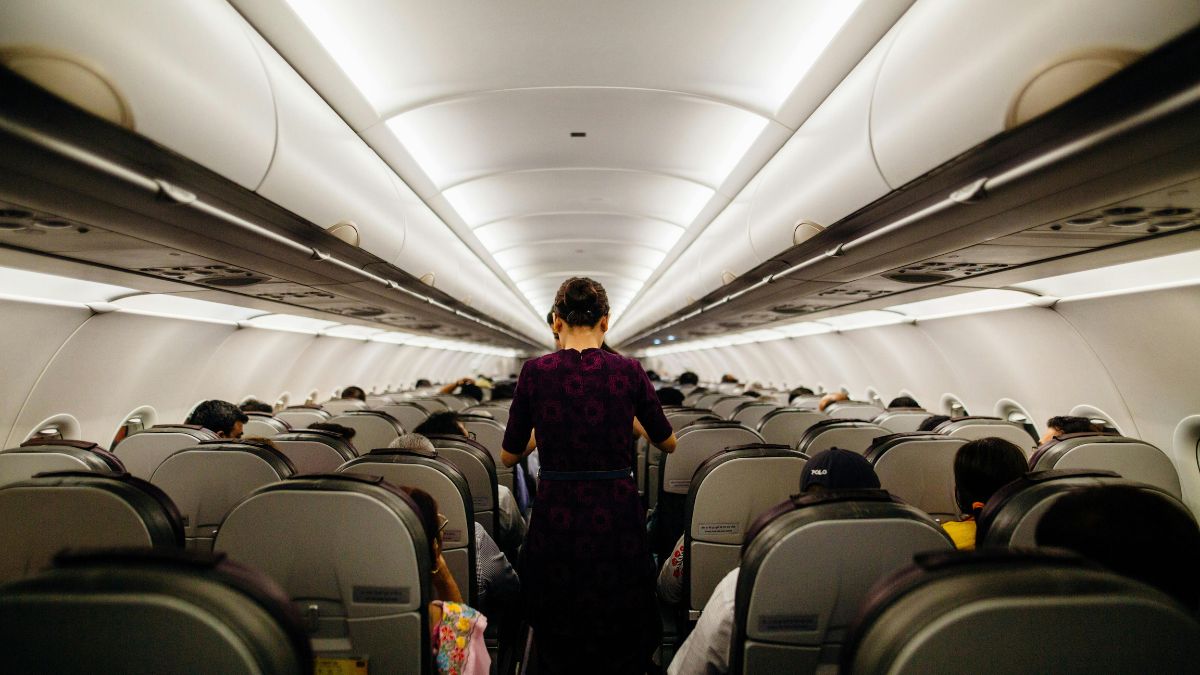)

)
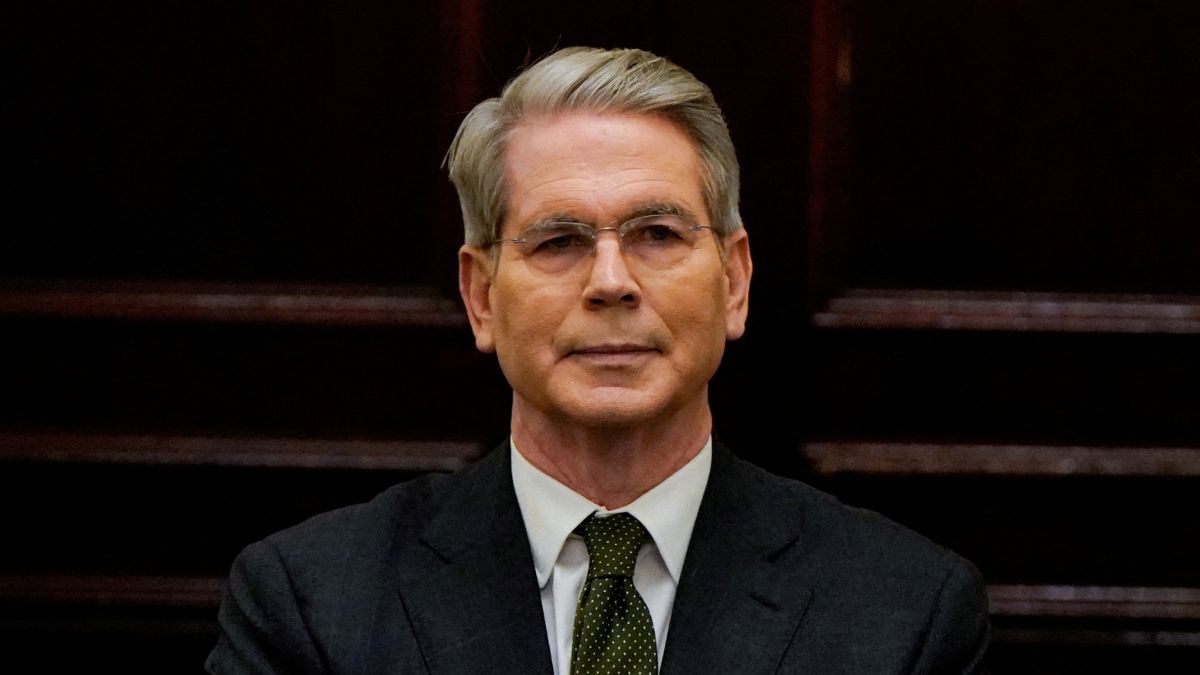)
)
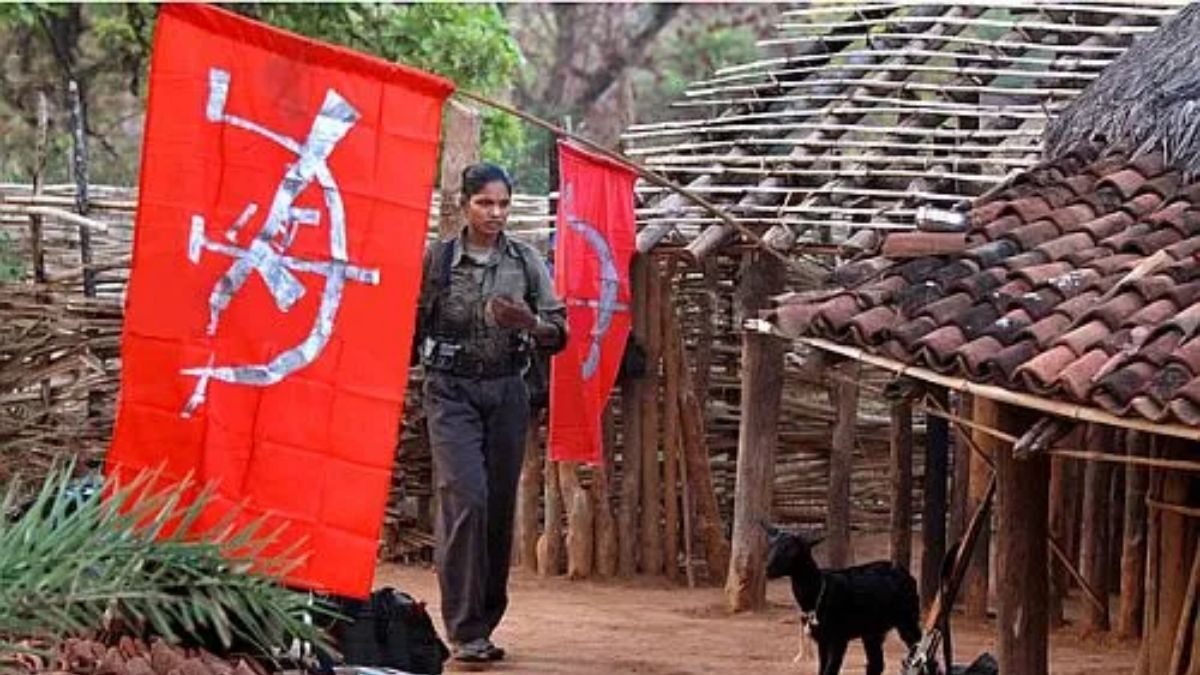)
)
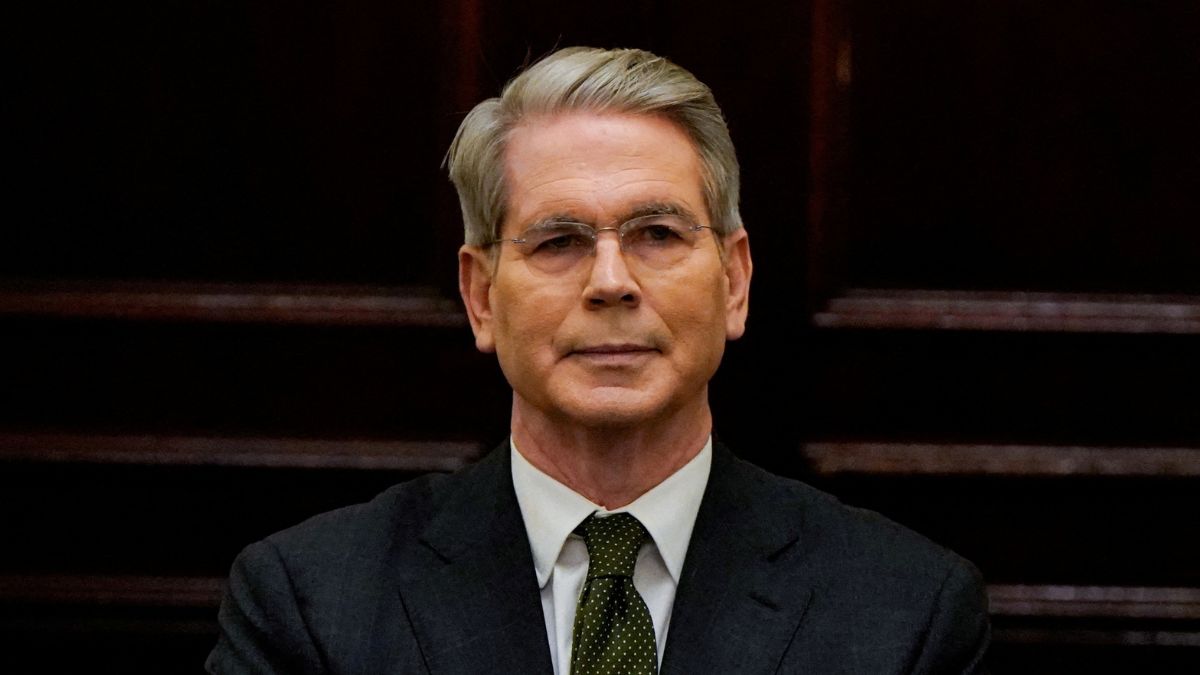)
)
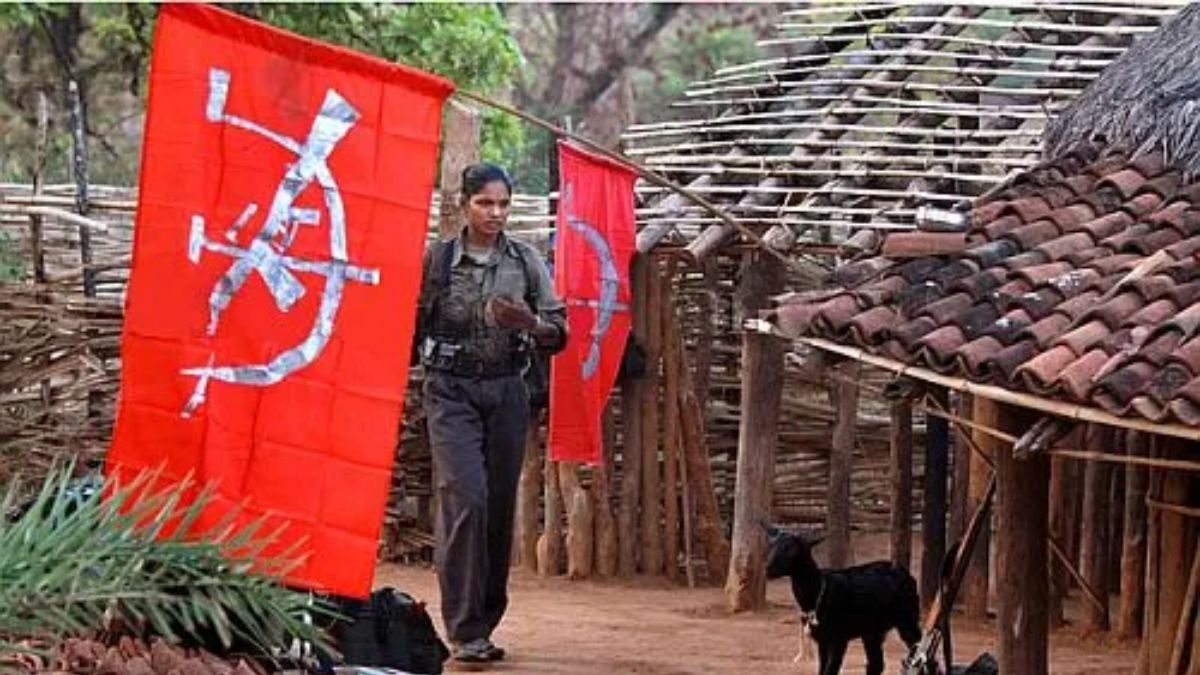)



